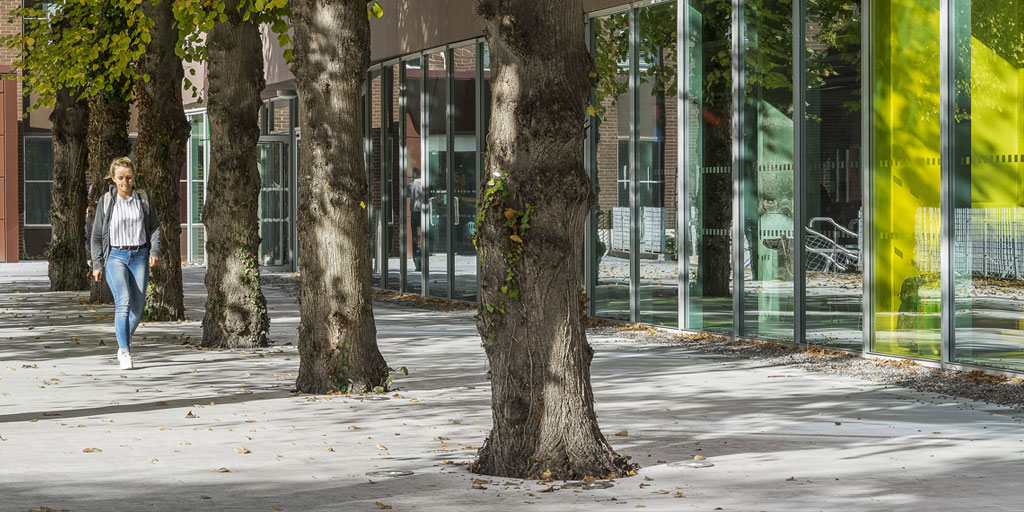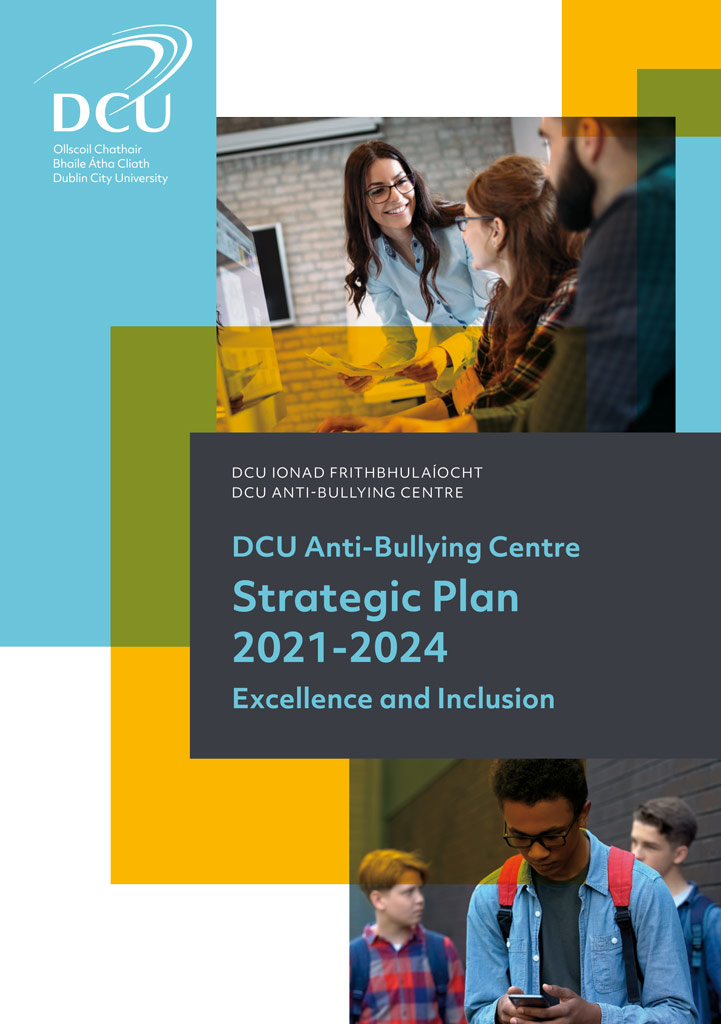We at the Anti Bullying Research and Resource Centre at DCU are delighted to announce our 7th successful evidence based training programme to help people with intellectual disabilities to learn how to tackle bullying.

This training is aimed at people with intellectual disabilities coupled with a supporter.
The training will start 2nd Feb and will run for 10 weeks. All 10 sessions will start at 11am and finish at 3.30pm.
We have added 4 more days to this training course as a result of past participants feedback and current research that reflects good practice in the area of training around the issue of bullying.
Cost of completing this course is €200 per learning couple – €100 each
Venue: Dublin City University, Glasnevin, Dublin
Booking steps:
1. Email Geraldine – geraldine.kiernan@dcu.ie to book places
2. Give full details including your name, service and the number of learning couples that you want to book in for course
3. Payment can be made either by cheque or direct bank transfer
Please cc fiona.weldon@dcu.ie in all correspondence detailing this event and future events. Thank you.

